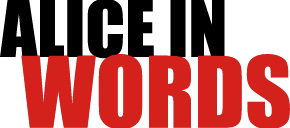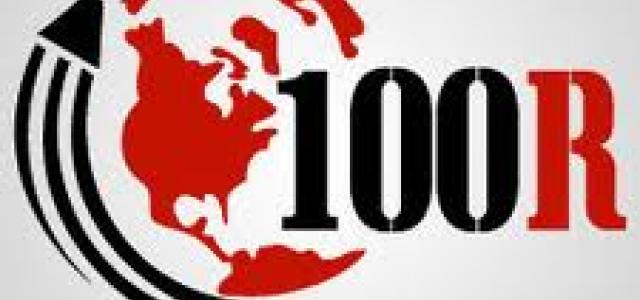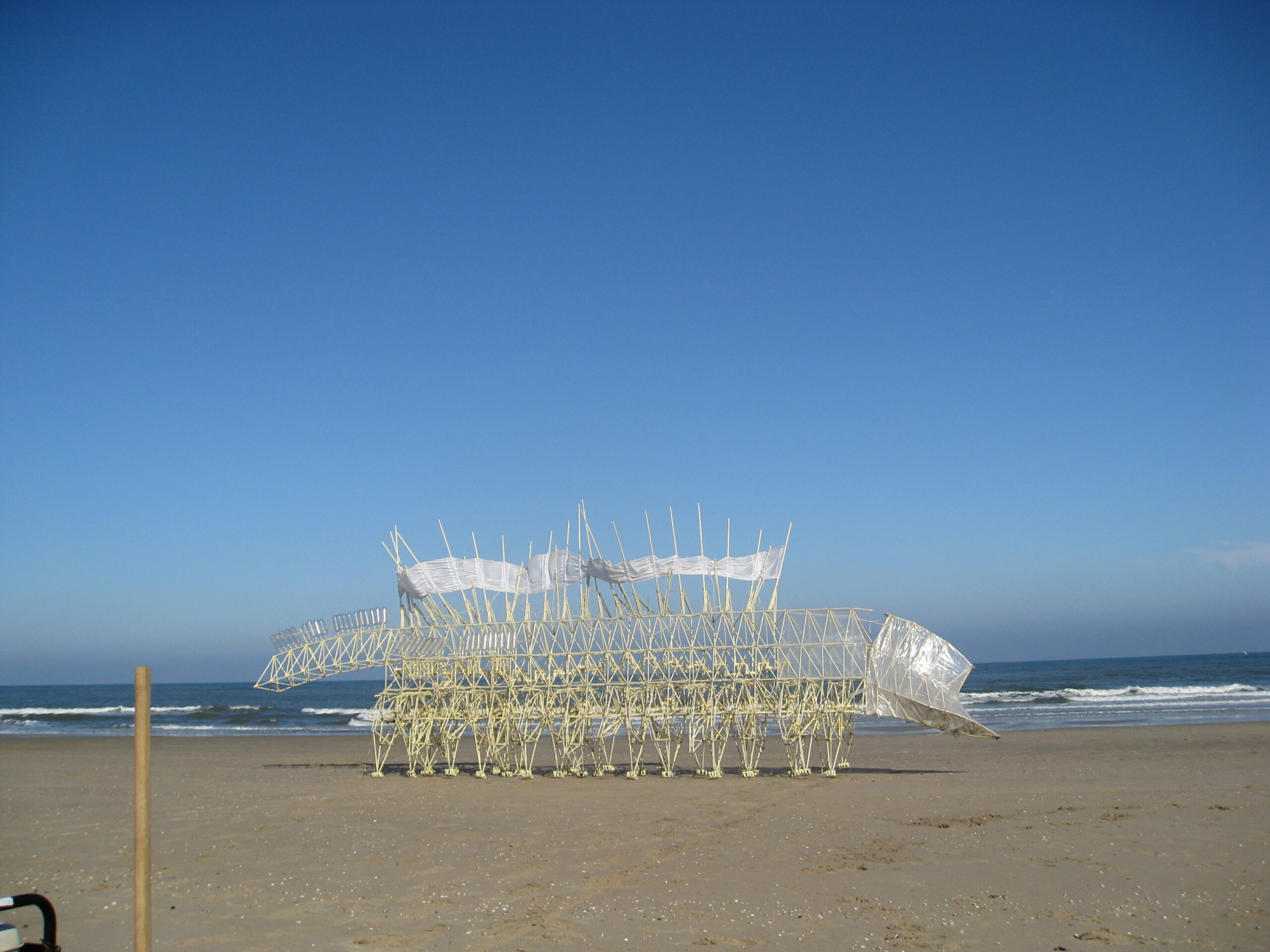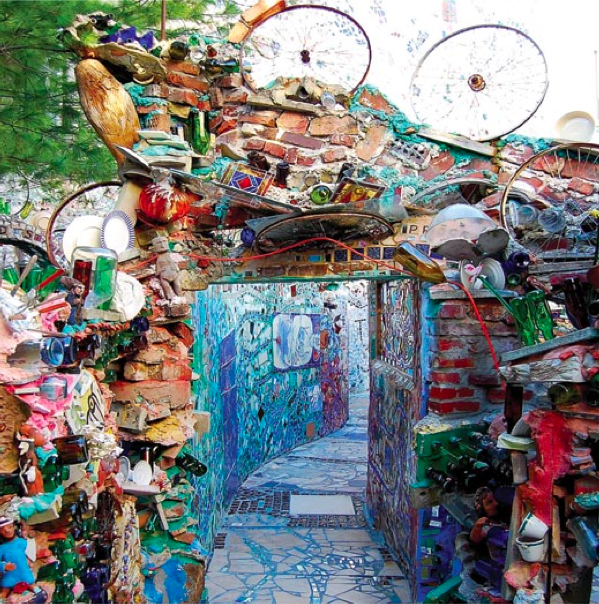New York Times veteran foreign correspondents are cooking up a revolutionary news organisation for aspiring investigative journalists, enabling them to stir through the ingredients of corruption to serve serious stories.
Launched on November 1st 2011, 100Reporters is a multinational network of professional reporters and editors dedicated to tackle corruption and issues of government accountability around the globe.
Over eighty investigative journalists from global news organisations are covering stories, ranging from offshore crime and prostitution, money laundering and weapons smuggling, to extortion and pervasive bribery.
“100R.org is a pioneer of new undiscovered space, internet technological changes brought to the media environment,” says its journalist from Slovenia, Blaz Zgaga.
“Connecting investigative journalists from all over the world into a working network is a demanding challenge.”
The organisation made investigative reporting easier
Over the years, Zgaga has garnered a reputation for his arms reportage. Along with Matej Surc, he published a trilogy on illegal arms purchasing and smuggling in Europe.
Smugglers, who are often former ministers and politicians, blocked judicial proceedings and influenced local media, making it harder for Zgaga to reach his audience abroad.
“I see it [100Reporters] more decentralized and horizontally organised than some other similar networks,” remarks Zgaga, who takes advantage of the network to illustrate the severity of arms smuggling in his region.
Senior Editor, Leslie Wayne, notes that investigating serious crimes has “become easier with broader globalisation and rapid communication systems.”
She compares reporters to businessmen; craftsmen that build models and platforms, philanthropists that raise funds and social entrepreneurs that grasp user-friendly communications tools.
“Investigative reporters often have to become as nimble in figuring out how to fund their projects as they are in digging into their reporting,” adds Wayne.
One of the most dangerous aspects investigations can be following dollar trails. In Eastern European developing nations, Romania and Bulgaria, transition from communism to democracy bred corrupt practices as a result of privatisation, posing dangers for journalists.
“When money can flow freely with little oversight or accountability, all these illicit and often illegal practices [human, drug and gun trafficking, money laundering and payoffs] can happen in the shadows,” says Wayne, acknowledging the difficulty they have dealing with various systems of corruption.
Studies by the Global Financial Integrity Project, a research and advocacy organisation, have revealed startling statistics.
Annually, government officials siphon more than $1.26 trillion from the economies of developing nations. For every $1 that enters Africa in development aid, approximately $10 leaves the continent in elicit cash transfers.
Wide interest
Co-founder, Diana Jean Schemo, is pleased with the level of interest the site has generated. In spite of having no official press release, Google Analytics recorded close to 8,000 visits with over 5,000 Unique Visitors from 116 countries in the site’s first month, placing USA, Nigeria, Great Britain, and Venezuela at the top.
Reporters relied on social media to spread the word in their prospective countries.
The website contains some unique tools. Whistleblower Alley provides a safe channel for sources, citizen and professional journalists in high risk countries who disseminate documents, information or stories to the outside world.
The feature also incorporates the option of submitting—anonymously, if necessary—news tips on corruption. Meanwhile the Kleptowatch feature keeps a detective eye on crooked world leaders.
The series, 100Voices, features first person video interviews of people discussing their experiences with corruption.
Its first interview highlights Omoyele Sowore, a Nigerian political dissident who founded Sahara Reporters, a platform for news from his homeland.
“Omoyele Sowore is a true inspiration for us,” remarks Schemo, who is impressed with his success at mobilising citizen watchdogs.
A new alternative in reporting corruption
Chairman Ron Nixon founded the Ujima Project, a well-sourced database that collects, cleans and categorises public data.
Nixon took reporting in a new direction by promoting accountability when governments failed to disclose records.
“It’s citizens taking part in telling the news and using our platform as an alternative in reporting corruption,” says Schemo, who admires the Ujima model of making information available for journalists and citizens.
She also references Ushahidi, a free and open source platform that allows users to map information on everything from natural disasters to election fraud.
In a nutshell, 100R.org is, “Global Vision meets Wikileaks meets 60Minutes,” remarks Schemo. Its journalists are professional, mediators who facilitate between news outlet personnel and grounded citizens from hidden corners of the world. They compare official and unofficial reports.
“We are trying to break barriers to get news when normally, coverage wouldn’t even make it in the newspapers,” adds Schemo, whose goal is to use the site as gateway for investigative journalists around the world.
The site improves press freedoms by breaking the monopoly on access to information in highly repressive countries, notes Schemo.
“On the press freedom aspect of 100Reporters, it’s pretty strong. In instances where reporters find their papers reluctant to publish in-country for fear of government reprisals, we publish on our site first,” she says, acknowledging that reporters have the choice of publishing their bylines, depending on the risks to their safety.
Some reporters have already been banned from their respective countries in reprisal for reporting what the government objected, but Schemo brings them on board unless they have blackmailed subjects of potential stories.
Afghan reporter Rezwan Natiq notes that 100Reporters is the best source for posting reports on mass corruption.
“As Afghanistan is among the top corrupt countries, it’s really difficult to report a corruption case from all angles in one of the local media.
As now I am familiar with website, I would be able to focus on making reports from all angles because there’s a secure place to post them,” says Natiq, who is a strong supporter of whistle blowers.
He believes that journalists who can’t publish in local media run by the government can use this external tool without feeling threatened.
He adds that the site teaches him about the levels of corruption in other countries, adding, “it will play a major role in freeing the media around the globe.”
Expanding the capacity of the platform
Philanthropic Ford Foundation awarded a planning grant. Global Post and Global Financial Integrity Project signed partnerships. Chuck Lewis, Founder of Center for Public Integrity, whom Schemo calls “grand daddy of investigative journalism,” serves as mentor. And Washington, D.C.-based legal firm Arnold & Porter offers legal representation on a pro bono basis.
“We’re currently working to expand our donor base,” says Schemo, adding, “we have individual donors, but still need to expand foundation support.”
The platform will have capacity to involve citizen journalists where feasible, and conduct cross-border investigations.
100Reporter Paul Radu, who has developed a niche for organised crime in Eastern Europe, thinks this is a good idea.
Radu co-created the Investigative Dashboard concept, designed to showcase the potential for collaboration and data-sharing between investigative journalists around the world.
The project is led by the Organised Crime and Corruption Reporting Project, “where we employ people and send them out on investigations,” says Radu, whose network of cross-border investigators continues to expand.
Both Wayne and Schemo are optimistic in spite of a long-lasting trend of newspapers drying the resource pool for investigative journalists.
Investors have been skeptical towards new platforms however, recent important historical milestones, 9/11 and the Arab Spring, have encouraged them to embrace technology’s potential to build new forms of journalism.
Wayne is hopeful that 100reporters will foster a united journalistic front, adding “no country is an island.”






